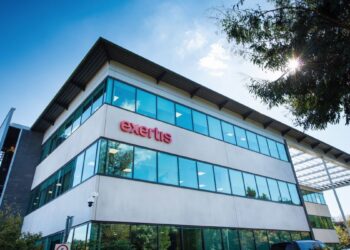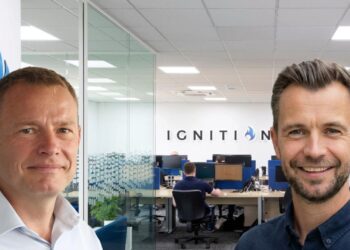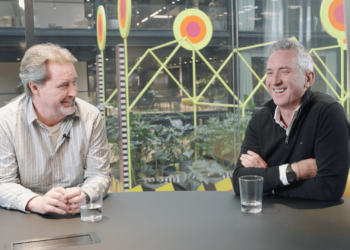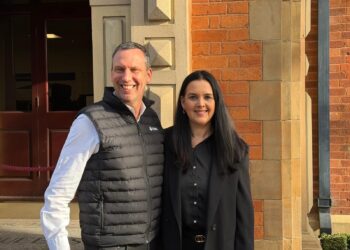Cohesity is setting its sights on $5bn revenue in a feat its CEO says “has never been done before” in the data protection space.
Talking to industry analyst duo Patrick Moorhead and Daniel Newman (see below), Sanjay Poonen said he is “super-excited” about Cohesity’s potential following its acquisition of Veritas’ data protection business.
The duo claim the move creates the world’s largest data protection software vendor, with revenues of $1.7bn, 3,000 ecosystem partners and 5,500 employees.
“We can see $2bn in revenue in our sights. That in itself is a record for someone in this space,” Poonen told Moorhead and Newman (who are the CEOs of Moor Insights & Strategy and Futurum Group, respectively) following the deal.
“But we want to set our sights on creating a $5bn-revenue company. That’s never been done in this space,” he added.
“There are incredible companies in that leap, whether it’s a Snowflake or a CrowdStrike or a Palo Alto or VMware or SAP – very few companies get to $2bn, much less get to $5bn.”
“Epic day”
Following the Veritas deal, Cohesity has gone from protecting “single-digit” exabytes of data to “hundreds” of exabytes, Poonen claimed, adding that it also means Cohesity is now in 140 countries.
“We are a bigger company now,” Poonen explained as he branded the deal closure an “epic day”.
“Cohesity was much more of a North American phenomenon. Veritas had 45%-plus of their revenue coming from international,” he said.
Rivals were quick to stick the boot in, with Alan Atkinson, Chief Partner Officer at Commvault, eager to contrast Cohesity’s M&A tactics with its own.
“The wave of consolidation across the industry can be seen in many forms,” he said in a canned statement.
“At Commvault, via our acquisitions of Appranix and Clumio, we’ve brought in cutting-edge cloud-first technologies that can rapidly advance cyber resilience for our customers and seamlessly align with our partners’ offerings.
“Companies like Cohesity and Veritas are taking a different route, we believe putting partners in the middle of a lengthy and chaotic integration that may take years to resolve.”
The data protection space has struggled to create profitable companies, Poonen said in his interview with Moorhead and Newman, however.
“Many of our honourable competitors, as I call them, have gone public and are not profitable,” he said.
Poonen concluded: “This is an immensely profitable company now, that’s also fast growing. At the right point in time we get to take this company public.”















